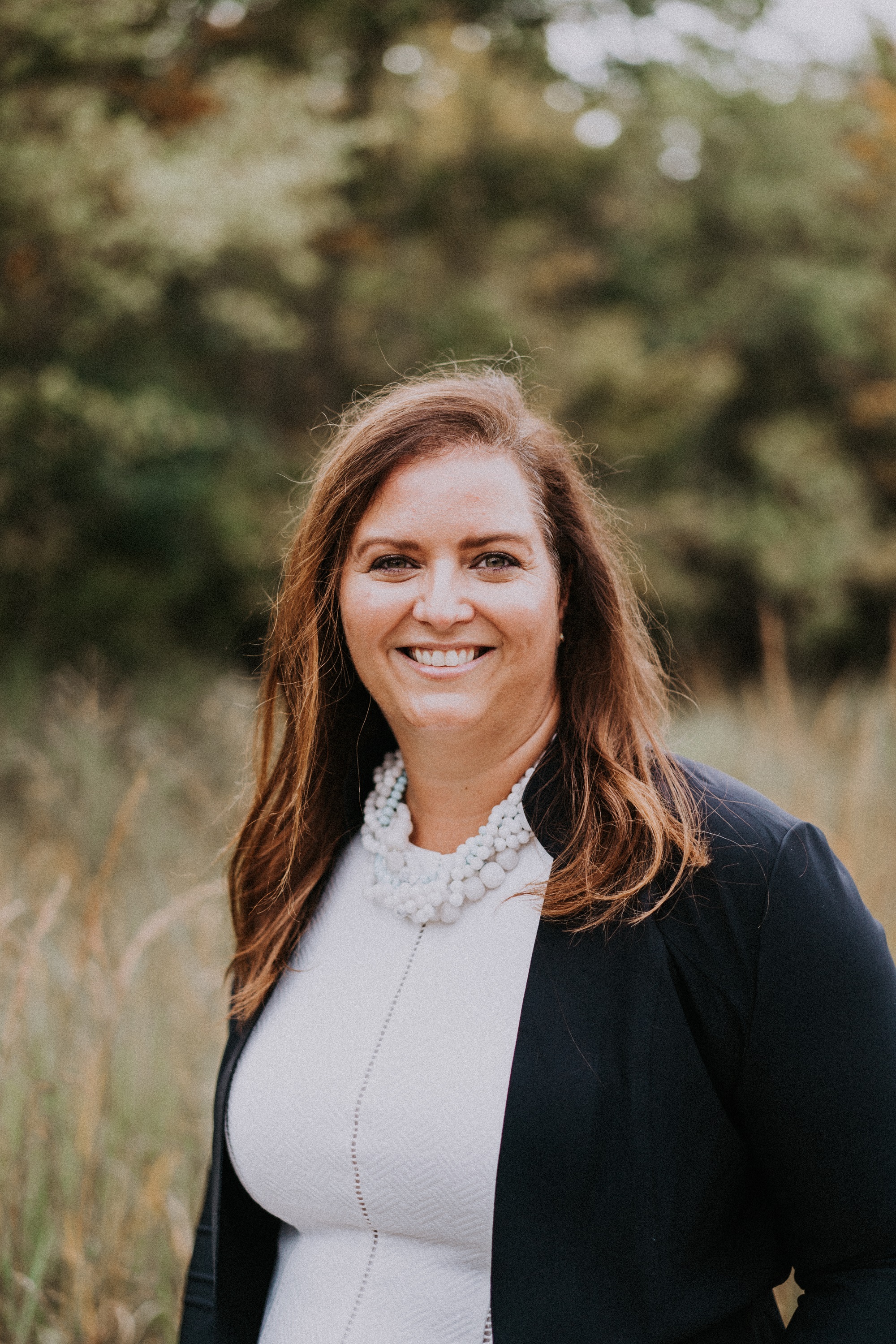Program directors across the country are working on unique ways to engage medical students during the pandemic, and Wayne State University School of Medicine Assistant Professor Rebecca Klisz-Hulbert, M.D. ’04, DFAPA, DFAACAP, is among those being singled out for their outstanding efforts in uncertain times.

Dr. Klisz Hulbert is the first author on “Engaging medical students in the Time of COVID-19,” published in the journal Psychiatric Times.
She is the program director of the WSU/DMC Child and Adolescent Psychiatry residency and director of Child and Adolescent Public Psychiatry and Community Outreach for the WSU Department of Psychiatry and Behavioral Neurosciences.
Dr. Klisz-Hulbert is an active member of the Recruitment Committee for the American Association of Directors of Psychiatry Residency Training, a group already discussing how the pandemic is changing the landscape of medical education. On April 14, the Association of American Medical Colleges issued updated guidance for medical student participation in direct patient care during the coronavirus outbreak. For medical schools in locales with significant, active or anticipated COVID-19 community spread and/or limited availability of personal protective equipment and/or limited availability of COVID-19 testing, the AAMC strongly supported pausing all medical student participation in direct patient contact.
“While others were focused on the changes residency programs may make to their application and interview processes, I was more interested in how we might adapt our teaching to continue engaging medical students, and perhaps even use this crisis as an opportunity to enhance the exposure that medical students receive to psychiatry and its subspecialties. I reached out afterward, and began working on the article with like-minded colleagues from the committee,” she said.
In the article, Dr. Klisz-Hulbert, working closely with WSU Psychiatry Clerkship Director and Assistant Professor Eva Waineo, M.D. ’05, had both clerkship and elective students seeing patients with them through telepsychiatry as well as participating in case conferences, didactics, team meetings and individual supervision using video-conferencing.
“I'm happy that we've been able to offer students more exposure to the field of child and adolescent psychiatry than they would typically get during their clerkship, especially since early exposure to psychiatric subspecialties is an important recruitment tool,” she said. “As a member of the Medical School’s Alumni Association Board of Governors, I've also been an active mentor for medical students for several years and have participated in all of the mentoring activities we suggest in the article. I’ve been impressed with the dedication and drive I’ve seen from the students I’ve met with. Many of them are using this time to think carefully about specialty choices and career goals, and I am more than happy to help.”
The article focuses on the psychiatry elective, but other specialties can apply the ideas to their programs. “Certainly, all specialties would benefit from the suggestions on scholarly activity, mentoring, career advising and pre-clinical education. Other specialties may not as easily adapt their clerkships using telehealth but can still engage students in other learning activities. Any specialty could encourage students to use this opportunity to develop unique electives that don’t exclusively focus on direct patient care,” she said.
She also suggests all clinical educators take time now to volunteer as mentors to medical students.
“It can be re-invigorating to talk with students and share their passion and determination,” she added.
On a practical level:
- Keep a running list of online resources specific to your specialty that could be used as teaching tools for students.
- Look at your weekly schedule and think critically about activities students could still participate in virtually -- it may be more than you think.
- If you are a practicing physician facing reduced patient loads or an altered schedule, think about shifting some of your clinical time to perform more individual or small-group teaching with students.
- Keep a running list of students interested in your specialty who reach out to you and check in on them periodically, offer support, share resources that you come across and continue to engage with them in a meaningful way in the future.